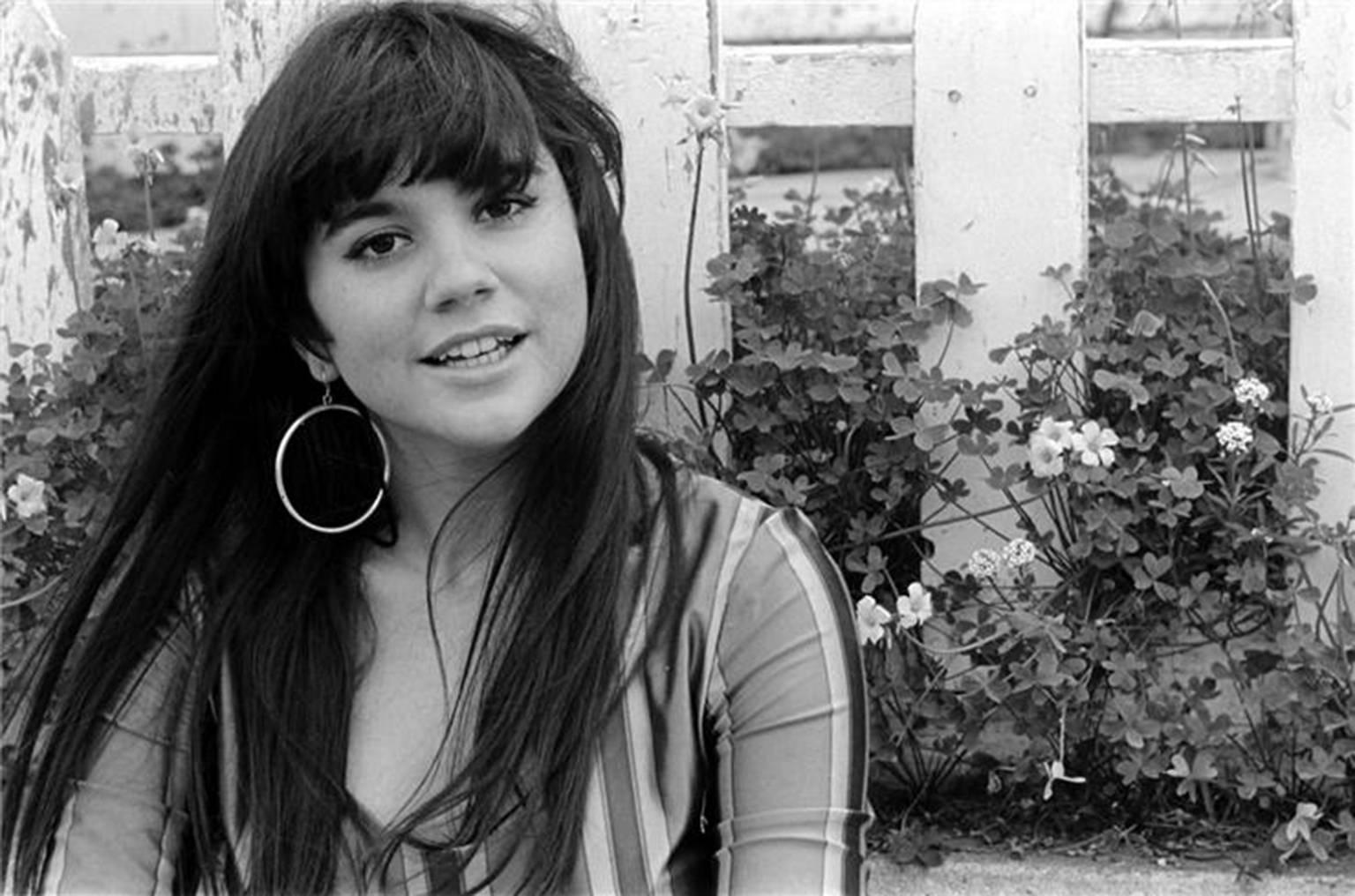
A Heart’s Cry Wrapped in Harmony: Longing and Betrayal in Perfect Pop Form
When Linda Ronstadt released her spirited rendition of “When Will I Be Loved” in March 1975, it swiftly ascended the charts, reaching No. 2 on the Billboard Hot 100 and cementing its place as one of the most defining moments of her career. Featured on her landmark album Heart Like a Wheel, the track showcased not only Ronstadt’s formidable vocal prowess but also her uncanny ability to recast a song with fresh emotional gravity. Originally penned and recorded by Phil Everly of the Everly Brothers, whose 1960 version had already climbed to No. 8 on the charts, Ronstadt transformed the tune from a lament of romantic disillusionment into a fiery declaration of feminine resilience.
In Ronstadt’s hands, “When Will I Be Loved” becomes more than a plaintive inquiry—it is an anthem of frustration tempered by hope. Her voice, rich with both ache and indignation, tears through the seemingly simple lyrics with layered nuance. The song opens with a deceptively sunny jangle of guitars, invoking echoes of early rock and country rock’s golden age—a sonic nod to its Everly Brothers origin. But it is the contrast between that buoyant arrangement and Ronstadt’s impassioned delivery that gives the song its enduring power. She doesn’t merely ask when she’ll be loved; she demands an answer from a world that has too often failed to honor the emotional integrity of women.
The choice to cover this song at this moment in Ronstadt’s career was no accident. By the time Heart Like a Wheel was released in late 1974, Ronstadt had already established herself as a crucial voice in country rock, bridging genres with grace and authenticity. The album itself was a commercial and critical triumph—reaching No. 1 on both the Billboard 200 and Country Albums chart—and its themes of heartbreak, yearning, and strength made it a watershed moment for female artistry in a male-dominated industry.
But it is in “When Will I Be Loved” where these themes coalesce most potently. While Phil Everly wrote it from a perspective steeped in male vulnerability, Ronstadt reclaims it without altering a single word—she simply sings it differently. Her phrasing leans into every betrayal: “I’ve been cheated / Been mistreated,” she belts out not with resignation but with conviction. Each line becomes both personal testimony and collective memory—an echo of generations who have asked similar questions into silence.
Musically, the track straddles tradition and innovation. The crisp electric guitar lines offer a nod to early rock ‘n’ roll while embracing the clarity of ‘70s California country-rock production. Backed by members of her legendary studio band—including future Eagles Glenn Frey and Don Henley—the instrumentation supports rather than overshadows her vocals, allowing Ronstadt’s emotional truth to rise unfiltered.
Culturally, the timing of this release resonated deeply. The mid-1970s bore witness to seismic shifts in gender politics and personal autonomy. Within this context, “When Will I Be Loved” is more than just pop perfection—it becomes part of a larger dialogue about love, loss, and empowerment. In giving voice to heartache without surrendering to it, Linda Ronstadt turned a modest pop song into an existential question still hanging in the air decades later: When will I be seen—not just as someone to love—but as someone worthy of being loved well?
That question lingers still, carried on every note she sang.